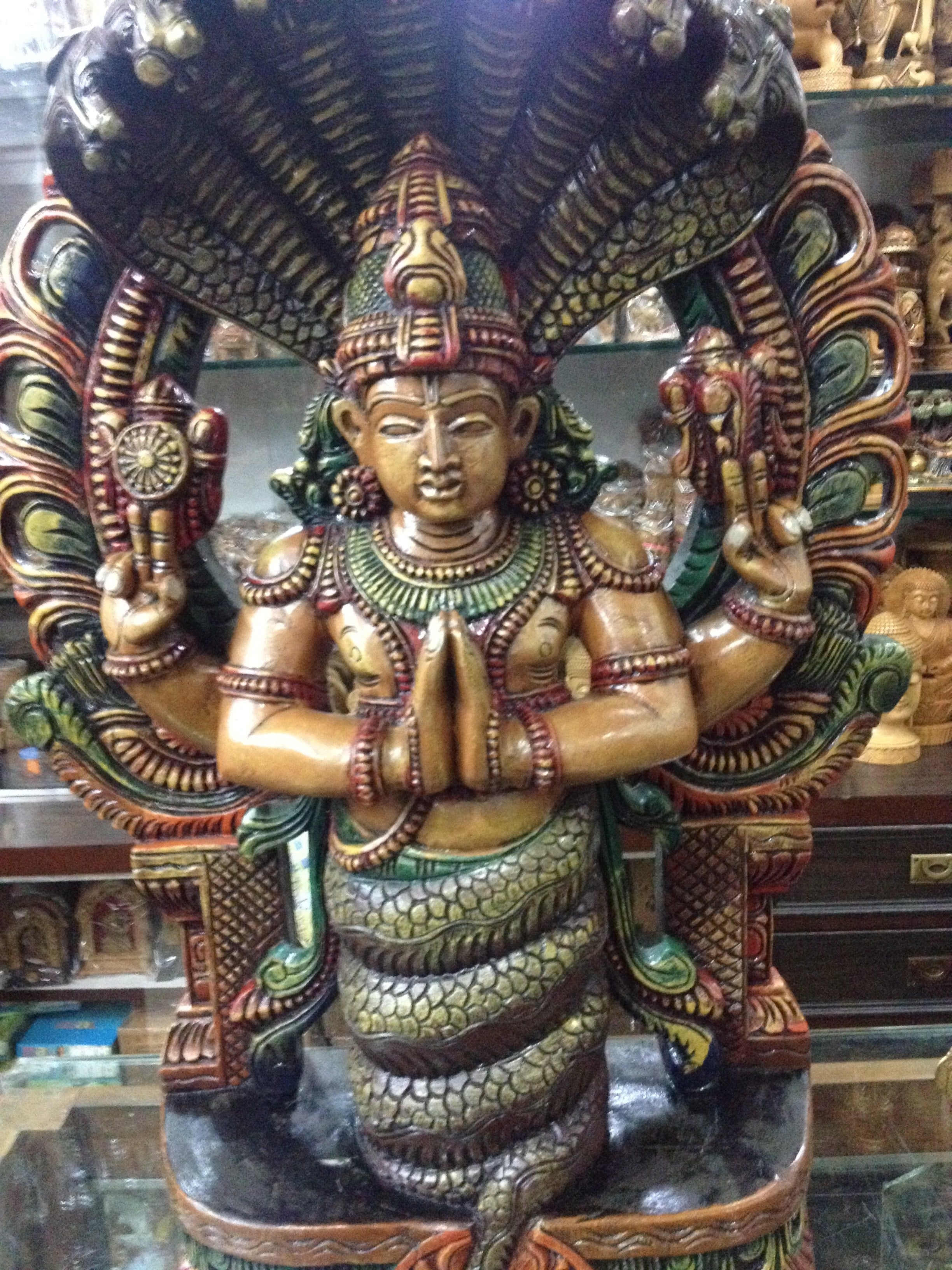Over the past few months of practicing in a traditional ashtanga setting, in what many people consider to be ‘classical yoga’ with a guru, I have come to the conclusion that the idea of having a ‘guru’ or single appointed teacher is outdated.
This is not to say that the old method of learning spiritual ritualistic techniques for calming the nervous system should be ignored, but in today’s age we are spoiled. We have the internet, multiple sources of information on everything from the endocrine system, to fluid cavities and storages annexes in the body, to advanced mechanical movement analysis from people like Leslie Karminoff (http://www.yogaanatomy.org/) and Ray Long (http://www.bandhayoga.com/).
It is important to have someone supervising you when you first start practicing yoga simply because it is going to be awkward. You’re going to feel weird and use muscles you normally don’t use. It’s also good to have someone who can observe your postures over time, so teachers, in general, are still very useful. But the idea of “having a guru” can be a limiting belief, can be an excuse to shove off responsibility, and can detract from your self knowledge about your humanity. When you write a solid research paper, you don’t use only one source, right? Though, there may be one source that stands out above the others, especially for the individual sub-topics you are interested in. You use the collective data as a whole to inform yourself so you can critically argue your point of view.
In other words, you are going to have favorites, teachers you like more or less than other because that is simply the way diversity and your brain works. But its an illusion. A part of the maya we are born into when we arrive. But the variety of teaching methods and different perspectives add accumulatively to the whole of your knowledge, especially with proper discernment and decision-making for what is important to you. No one else can decide this for you, not even a guru. You have to make those decisions.
Guru’s have been incredibly useful in the past. Think about the relationship between Socrates, Plato, then Aristotle. Transfering knowledge in the student to teacher fashion, 1 on 1, seems to be the most effective form of learning, for anyone. Being able to imitate makes doing things so much easier and it is essentially how we learn from each other. Have you ever had a friend with a different vocabulary that you pick a few words from and then notice yourself using? Our brains are always trying to copy, to compete, it is simply the way the brain functions. It helps to keep us alive.
So knowing this 1 to 1 relationship is key to learning, why can’t you have multiple teachers? Obviously, you will get some conflicting information, but that is a good thing! You want to be able to sort through things yourself and arrive at your own conclusion.
Maybe you want it easy so you decide to only learn from one teacher. Don’t you see how this can be limiting? Every instructor is going to have very different life experiences that you can learn from, different experiences in yoga that you can learn from, and definitely experiences that can teach you. In fact, you should consider everyone to be your teacher, in one way or another.
So in this way, we are all gurus and at the same time none of us are. This doesn’t mean everyone is going to be amazing at teaching yoga, but everyone knows things that we can learn from.
So we can consider individuals as one part of the collective guru, that is really inside of you and could probably be equated with Jung’s unconscious mind (yes, things are happening in your brain right now that you are not aware of). And with this comes a need for intense discernment, in the same way that you choose the food that will taste/feel best you have to choose the sources of information that have the most truth in them. This is how you gain valid knowledge, rather than running in circles choosing one person after another to think is the right one.
It’s up to you. It’s all in your head anyways, so use your intuition to feel what is right. Balancing between delving into a teachers system and maintaining your personal practice is always great, as is balancing between practicing by yourself and with some friends. Do what you want. your teacher doesn’t add validity to your yoga practice, because it’s all on you! With that said, if you have a great teacher, enjoy it cause that shit is the bomb too!
It’s probable that Patanjali was actually multiple people who worked together to create a common knowledge of yoga. This sounds more realistic than what the sacred texts say about Patanjali, being one man and inventing tons of yoga poses and ayurveda and all that other stuff one person was supposed to have done. If you ask me, sacred texts are all big marketing schemes for organizations to grow their influence (governments, churches, nobility, etc). You don’t see Jesus writing shit down in the bible stories. If you look at every major cultural movement in history, there are lots of people involved, not just one person leading it. Where would Dr. King be without Malcolm X and Rosa Parks? They happen in waves, with lots of groups of people involved, that’s why they are so enormous. If you’ve ever read Malcolm Gladwell, he has a great book called the Tipping Point that talk a lot about cultural movements.
So yoga is a cultural movement just like anything else. Just do what feels right and don’t put too much stock into one person. Who knows whats going to happen with them anyways? Who knows what their life is like? Yoga teaches you to take responsibility for your self so you can self-manage. Take advantage 😉

